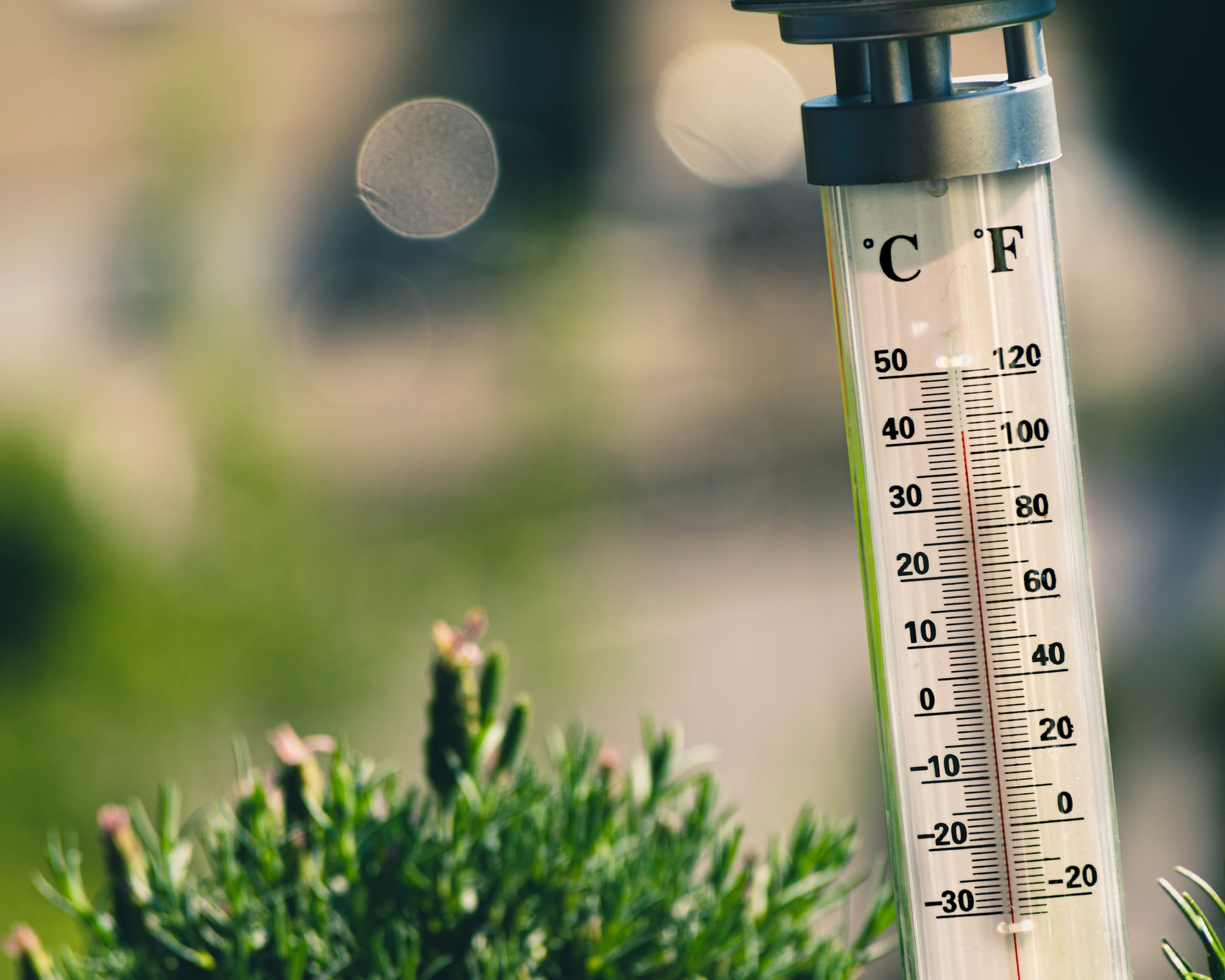Source: FAO press release
Unsafe food causes an estimated 600 million people to suffer from foodborne diseases each year, at a cost of at least US$100 billion in low- and middle-income countries, over half of which is recorded in just 28 nations, according to a recent World Bank study. Food safety systems need to keep pace with current changes in climate, global food production and supply systems that affect consumers, industry and the environment. But efforts to strengthen food safety systems globally remain fragmented, despite food safety playing a fundamental role in achieving the Sustainable Development Goals (SDGs) and the main objectives of the UN Decade of Action on Nutrition. The burden of unsafe food disproportionally affects vulnerable and marginalized people and poses sustainability and development challenges.
The First International Food Safety Conference (Addis Ababa 12-13 February, 2019) hosted jointly by the Food and Agriculture Organization of the United Nations (FAO), the World Health Organization (WHO) and the African Union (AU), will bring together government leaders, senior policy makers, and representatives from international organizations, civil society and the private sector, to identify key actions and strategies to address current and future challenges to food safety globally and to strengthen commitment at the highest political level to scale up food safety in the 2030 Agenda for Sustainable Development.
At the Addis Ababa Conference, priorities will be discussed so that food safety strategies and approaches can be aligned across sectors and borders, reinforcing efforts to reach the Sustainable Development Goals and supporting the UN Decade of Action on Nutrition. Strategic actions will be defined through Ministerial panels involving health, trade and agriculture officials and experts thematic sessions covering the topics of:
- the burden of foodborne diseases and the benefits of investing in safe food;
- safe and sustainable food systems in an era of accelerated climate change;
- science, innovation and digital transformation at the service of food safety;
- empowering consumers to make healthy choices and support sustainable food systems.
Heads of state and government, ministers from health, agriculture, trade, environment and other sectors, plus leaders of international organizations, civil society and the private sector, are expected to attend.
The event is expected to adopt a high-level political statement advocating for increased and better coordinated collaboration, technical support and investment to improve food safety globally.
Continuing the discussions from the Addis Conference, the International Forum on Food Safety and Trade (23-24 April 2019, Geneva, Switzerland) will address the trade-related aspects and challenges of food safety. Among the topics to be explored, the challenges and opportunities arising from rapid technological change and digitalization, namely: the use of new technologies in the realm of food safety and trade; how trade in safe food can be facilitated at the borders; multi-stakeholder coordination and the role of partnerships; harmonizing food safety regulation in a period of change and innovation.






